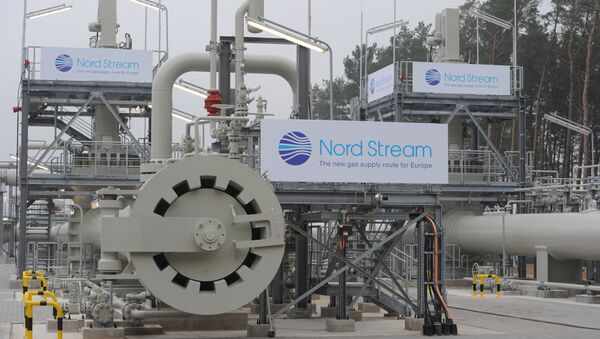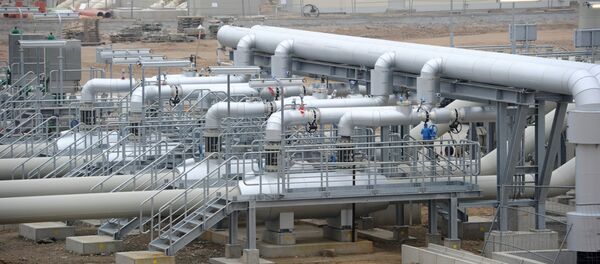MOSCOW (Sputnik) — The foreign minister added that the project was "political."
"We are critical toward this project, an economically inefficient idea, which will increase EU dependency on supplies from a single direction," Waszczykowski said while addressing the Polish parliament on the matter of foreign policy objectives for 2016.
On January 20, the CEO of Austria's oil and gas company OMV, Rainer Seele, called for more solid EU support for the Nord Stream 2 gas pipeline project, stressing the need for convincing the European Commission that the project was in Europe's interest. The project fully complies with the EU Third Energy Package, according to Seele.
In September, Russian energy giant Gazprom and its partner companies signed a shareholders agreement on the Nord Stream 2 gas pipeline. The signatories were Gazprom, with 51 percent of shares, E.On (10 percent), Shell (10 percent), OMV (10 percent), BASF/Wintershall (10 percent) and Engie (9 percent). Nord Stream 2 could provide up to 55 billion cubic meters of direct gas supplies from Russian shores through the Baltic Sea, bypassing Baltic states and Poland, to the German coast.
While some EU member states, such as Poland and the Czech Republic, are opposed to the northern gas pipeline over fears of increased energy dependence on Russia, Germany reaffirmed its interest in the project late 2015.
Moscow has repeatedly voiced concerns over Ukraine's reliability as a key transit route. Russia has been working on gas pipelines to Europe, such as Nord Stream and South Stream, to avoid Ukrainian territory.


